After a gunman killed 7 farmworkers in Half Moon Bay in January, media attention focused on the deplorable living and working conditions of farm workers. While the story made headlines, it was not news to Líderes Campesinas, a California nonprofit network that empowers female farmworker leaders to improve conditions in the fields and in their communities.
The nonprofit’s director of operations, Irene de Barraicua, said Líderes has been focused for years on living conditions and other important farmworker issues including low wages, pesticide exposure, extreme heat, and toxic wildfire smoke. During the pandemic, de Barraicua said farmworkers suffered disproportionately from COVID-19 due to crowded, unsanitary conditions at work, lack of sick pay, and the inability to isolate safely at home. Sexual harassment, sexual assault, and domestic violence are also critical issues for farmworker women.
Líderes is active in 14 California counties, educating female farmworkers about their rights and bringing them together to work for change.
“Many farmworkers are undocumented; they live in the shadows and are unable or afraid to fight for their rights,” de Barraicua said. “Despite this, we bring the women together, encourage them to share their own stories, and we ask, ‘how can we start mobilizing to be part of the solution?’”
Investment, training, and a loving community
Líderes Campesinas is 1 of more than 375 Latino-led organizations in California that have received funding from the Latino Community Foundation. Amid the pandemic, which had a disproportionate impact on Latino communities, the Foundation launched a historic $50 million Latino Power Fund to help organizations in under-resourced communities strategize, promote healing, and build people power.
Last year the fund received a 2-year, $1 million dollar grant from a Kaiser Permanente fund at the East Bay Community Foundation and the Kaiser Permanente Donor Advised Fund at the California Community Foundation.
The Kaiser Permanente funding helps the Latino Community Foundation provide core support for the day-to-day operations of grassroots organizations that are committed to social change. The grant also supports the foundation’s Latino Nonprofit Accelerator that strengthens California’s network of organizers, movement builders, and youth leaders.
Diana Otero, who co-leads the accelerator program, said Latinos are the largest ethnic group in California but only receive a tiny percentage of philanthropic dollars and public investments. She said the Accelerator helps nonprofits attract new funding so they can grow and thrive.
“Our accelerator is a 16-month incubator for Latino nonprofits,” Otero said. “We invest $50,000 in each of these nonprofits, we provide marketing training, fundraising mentorship, and a loving community to amplify the voice and accelerate the impact of these extraordinary grassroots organizations.”
Serving California’s most under-resourced communities
Kaiser Permanente supports the work of the Latino Community Foundation as part of its mission to promote health and equity in the communities it serves.
“We’re proud to partner with the Latino Community Foundation to help strengthen the capacity of front-line Latino-led organizations to better serve under-resourced communities throughout California,” said Yvette Radford, Kaiser Permanente Northern California vice president for External and Community Affairs.
Líderes Campesinas is an excellent example of how the foundation’s support is making a difference. As part of the Latino Nonprofit Accelerator, Líderes received a $50,000 core support grant that it used in part for an outside accounting service. This enabled the nonprofit to apply for federal USDA farmworker relief funding, which Líderes will soon distribute in about 20 California communities.
Líderes Campesinas Executive Director Suguet Lopez said the funding and support has helped her nonprofit in other critical ways, such as building confidence and resolve.
“Oftentimes this work can be overwhelming, and it can feel like we’re on this journey alone,” Lopez said. “But to have the foundation and the coaches walking alongside us, offering tools, and helping us to get the word out about our work — it helps us to keep fighting for what we know our communities need.”
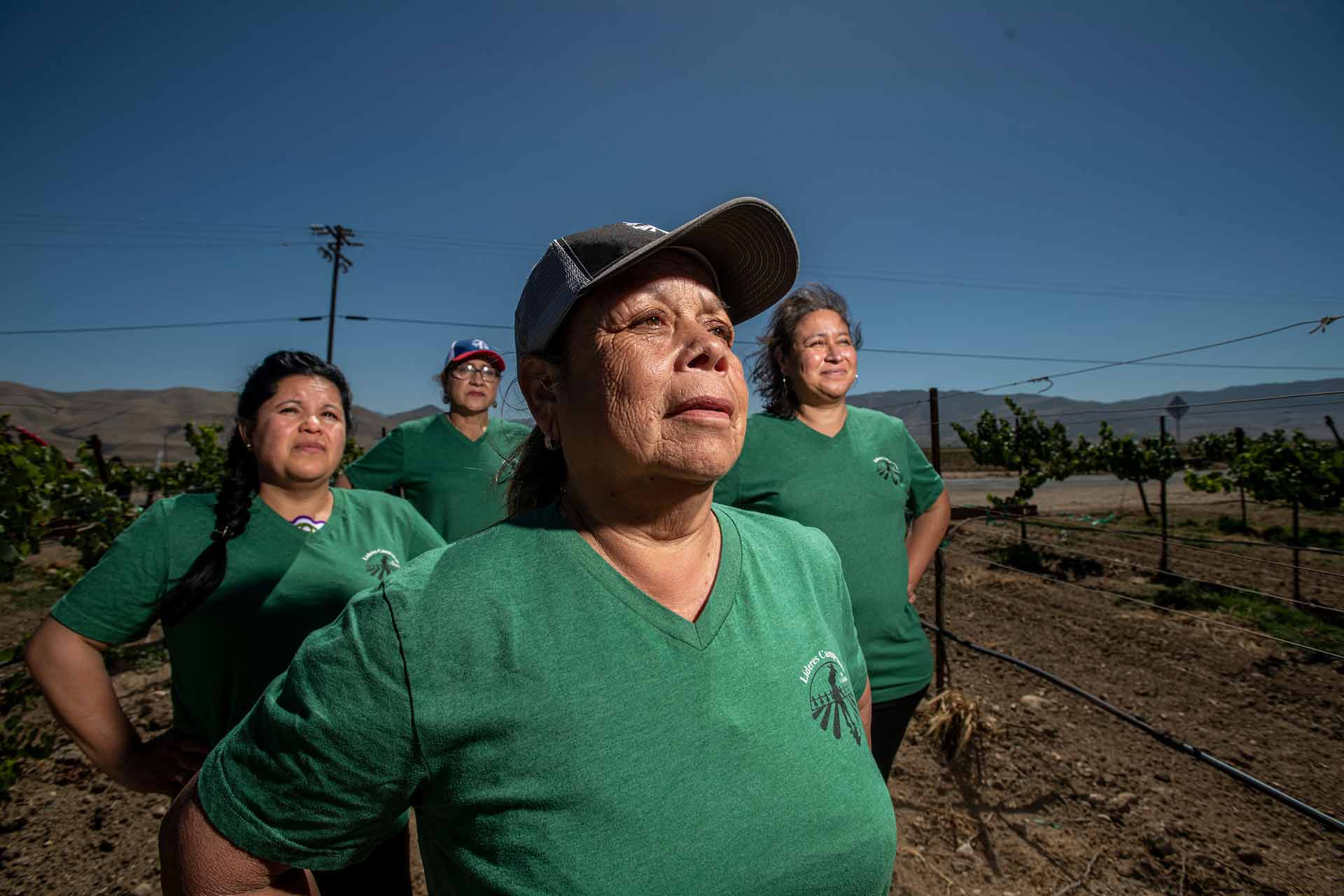
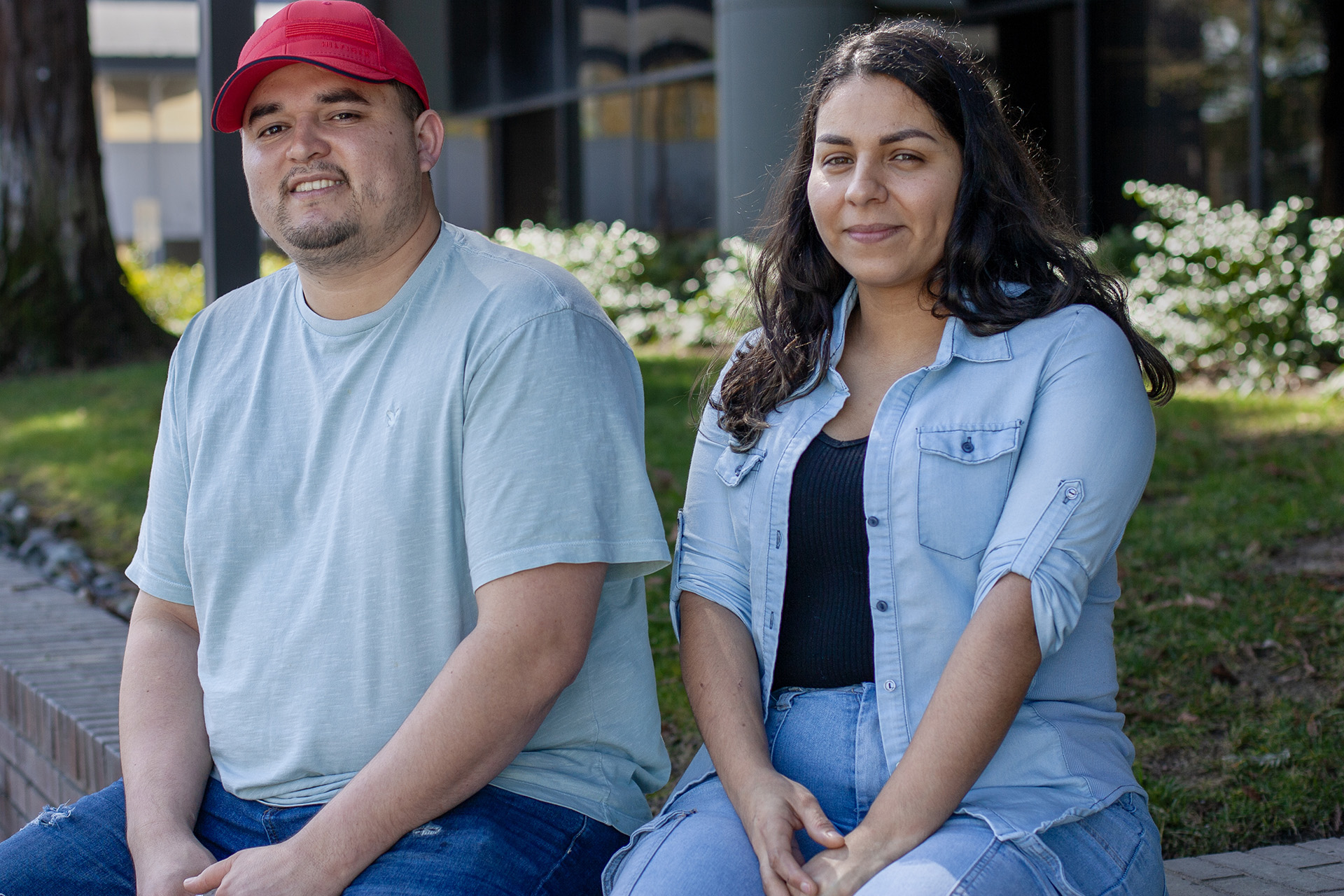
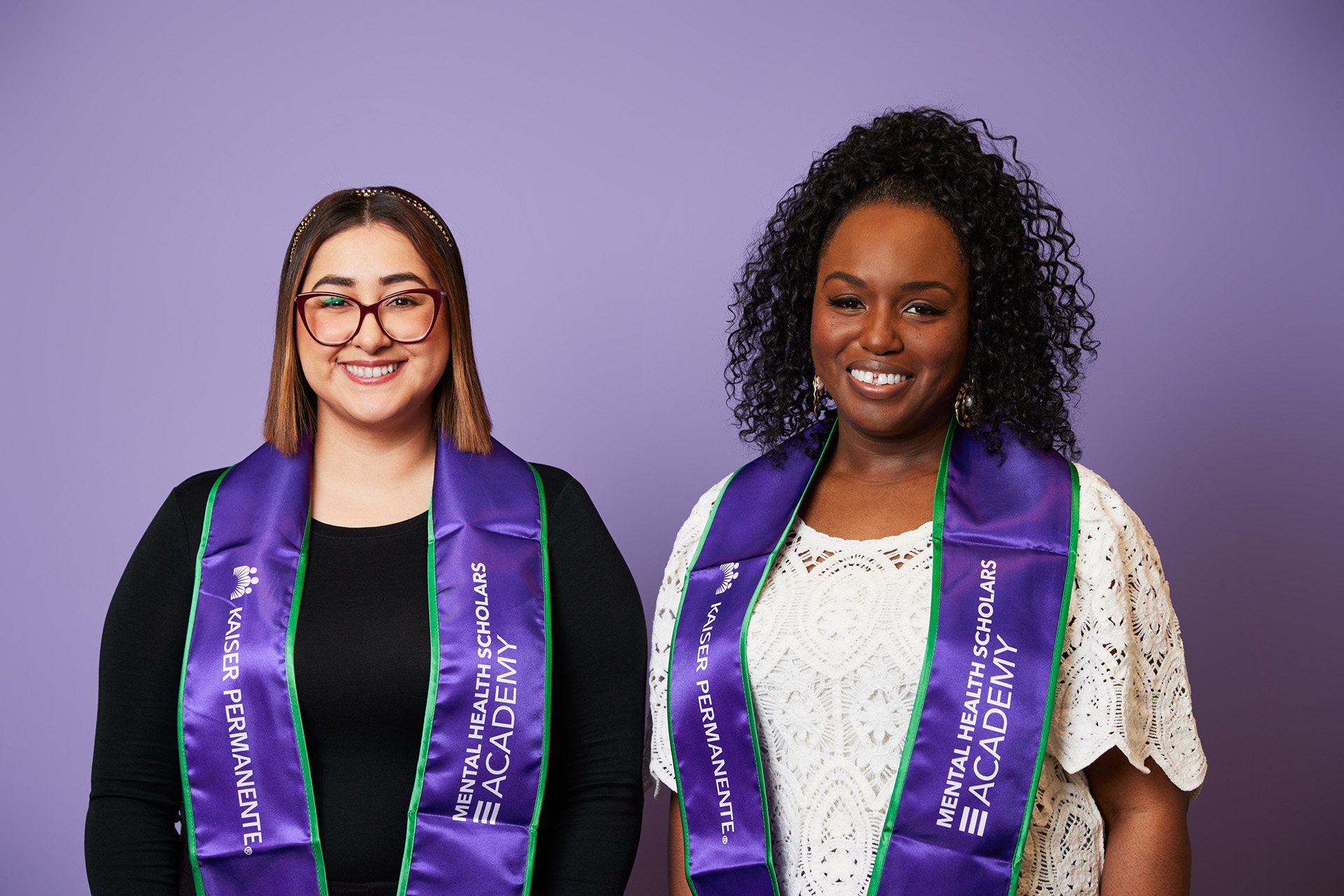
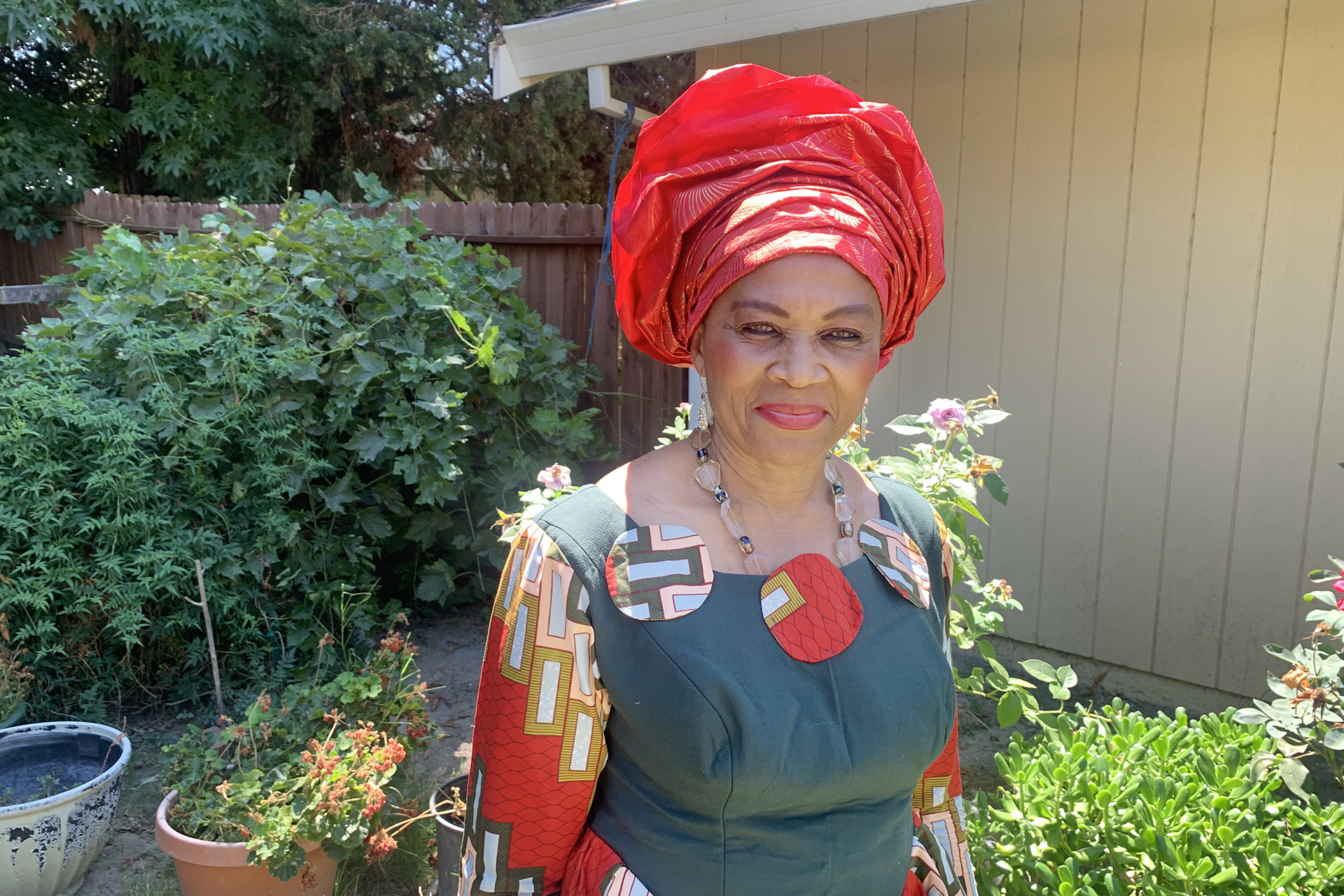
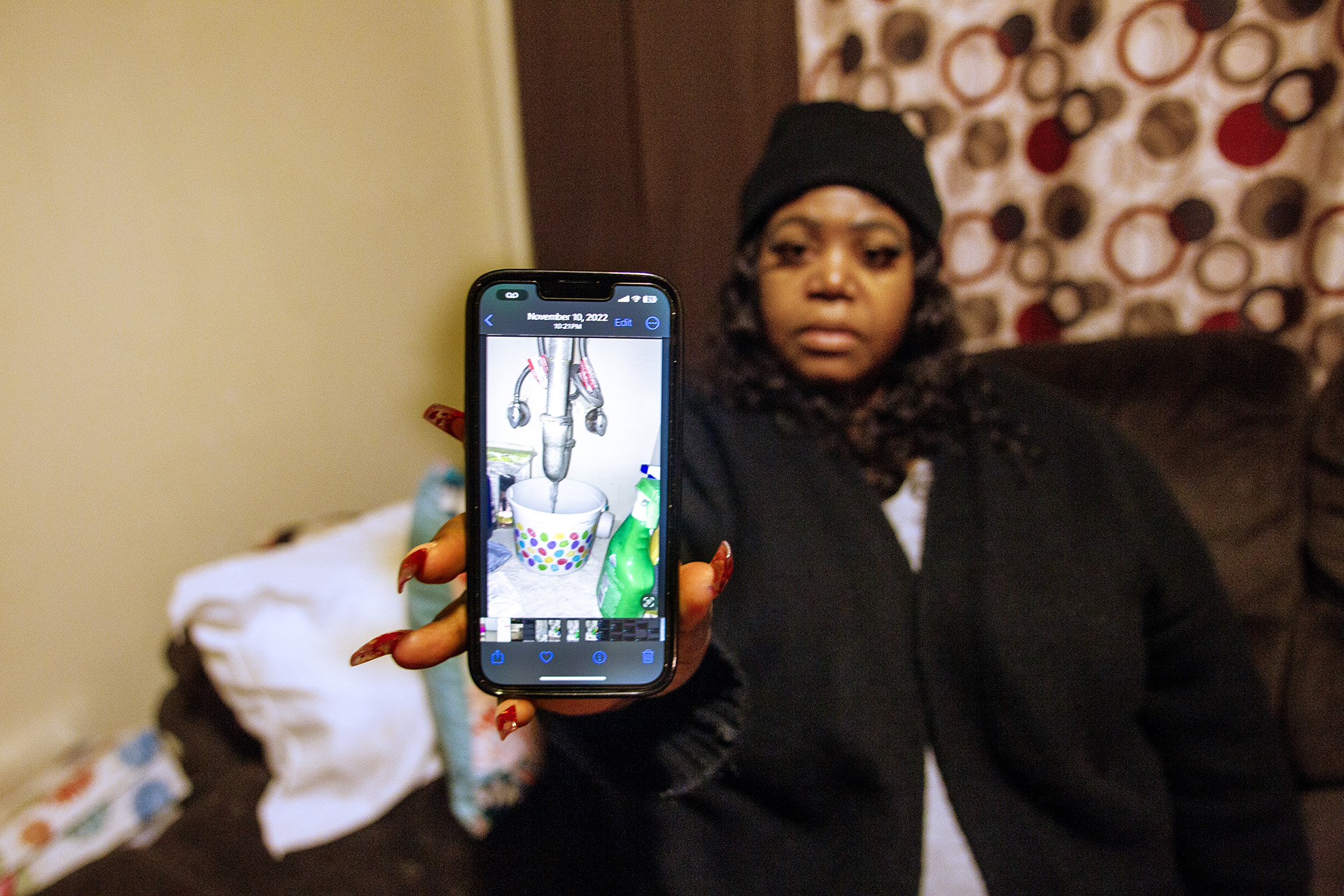
This Post Has 0 Comments